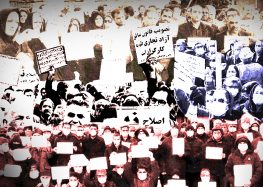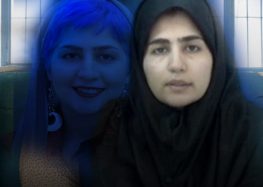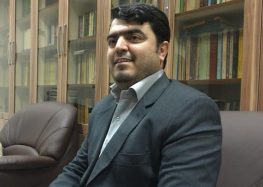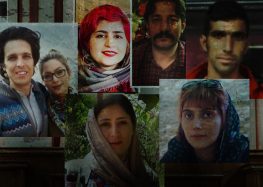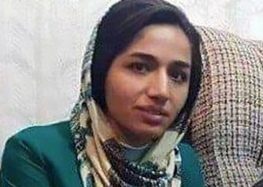Imprisoned Teacher on Hunger Strike Sent Home After Hospitalization
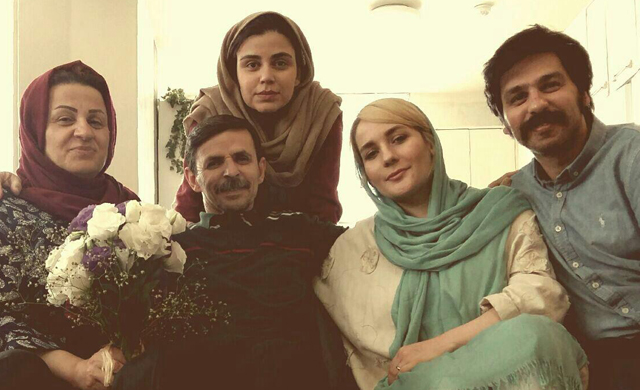
The imprisoned teachers’ union activist, Mahmoud Beheshti Langroudi, has been released from hospital and sent home after a 22-day hunger strike.
Beheshti Langroudi was sent home from Imam Khomeini Hospital in Tehran, where he was being treated for serious health complications resulting from the hunger strike, on May 11, 2016. The judicial orders that enabled Beheshti Langroudi’s release have not yet been revealed.
“He had been on a wet hunger strike [in Evin Prison] since April 20 and then on a dry hunger strike since May 2,” an informed source told the International Campaign for Human Rights in Iran. “He began to suffer from bleeding in the stomach and became physically very weak and he still needs treatment.”
Beheshti Langroudi was the spokesman of the Iranian Teachers’ Trade Association before being sentenced to five years in prison in 2013 on charges of “colluding against national security” and “propaganda against the state” in a trial that lasted less then eight minutes.
He has been demanding a new public trial in front of a jury and had turned to life-threatening hunger strikes in a desperate bid to be heard.
Beheshti Langroudi had threatened to remain on hunger strike “until my sentence is terminated and a public trial is held based on Article 168 of the Constitution,” which states: “Political and press offenses will be tried openly and in the presence of a jury, in courts of justice.”
Esmail Abdi, the secretary general of the Teachers’ Association of Iran, has also been on hunger strike in Evin Prison since April 29, 2016.
A source close to Abdi confirmed to the Campaign that the goal of the hunger strike is to protest against the Islamic Republic’s criminalization of organized labor gatherings, the conviction of labor activists on trumped-up charges, wages below the poverty line, and the ban on International Labor Day and Teachers’ Day celebrations.
Teachers have engaged in numerous peaceful gatherings, protests, and strikes over the past several years to bring attention to the imprisonment of their labor leaders and salaries that are below the official poverty level in Iran.
Independent unions are not permitted to function in the Islamic Republic, and labor leaders face swift prosecution and long prison sentences.


